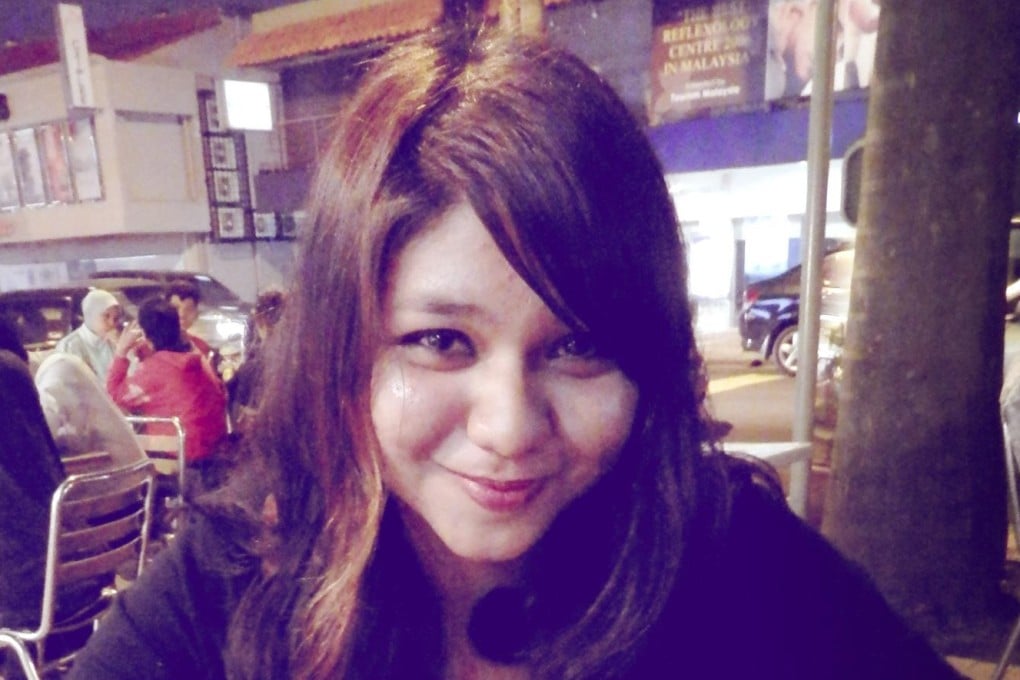Advertisement
Malaysian student Jerusha Sanjeevi killed herself. Now her family is suing US university
- Sanjeevi was pursuing a doctorate in clinical and counselling psychology at Utah State University before killing herself aged 24 in 2017
- Reports said bullying targeted her culture, including statements such as ‘Asians only want to please their parents’, ‘Asian names are weird’
Reading Time:6 minutes
Why you can trust SCMP

By Mei Mei Chu
She was a bright young Malaysian pursuing a doctorate in clinical and counselling psychology because she wanted to help children the world over. But she also had to endure months of what she described as racial bullying and insults, and when her university’s psychology department seemingly did nothing, she could endure no more.
Jerusha Sanjeevi, a child rape survivor of Chinese and Indian descent, took her own life in 2017 at the age of 24.
Advertisement
Now her family is suing Utah State University (USU) for alleged inaction over her multiple reports of relentless racist bullying, according to reports in US media.
The Herald Journal said Sanjeevi’s family members, who live in Malaysia, are seeking damages from the university. No amount was disclosed.
The lawsuit, filed by her boyfriend, Matthew Brick, alleges the university’s psychology department did not do enough to intervene against the bullying that led to her death.
Advertisement
Advertisement
Select Voice
Select Speed
1.00x